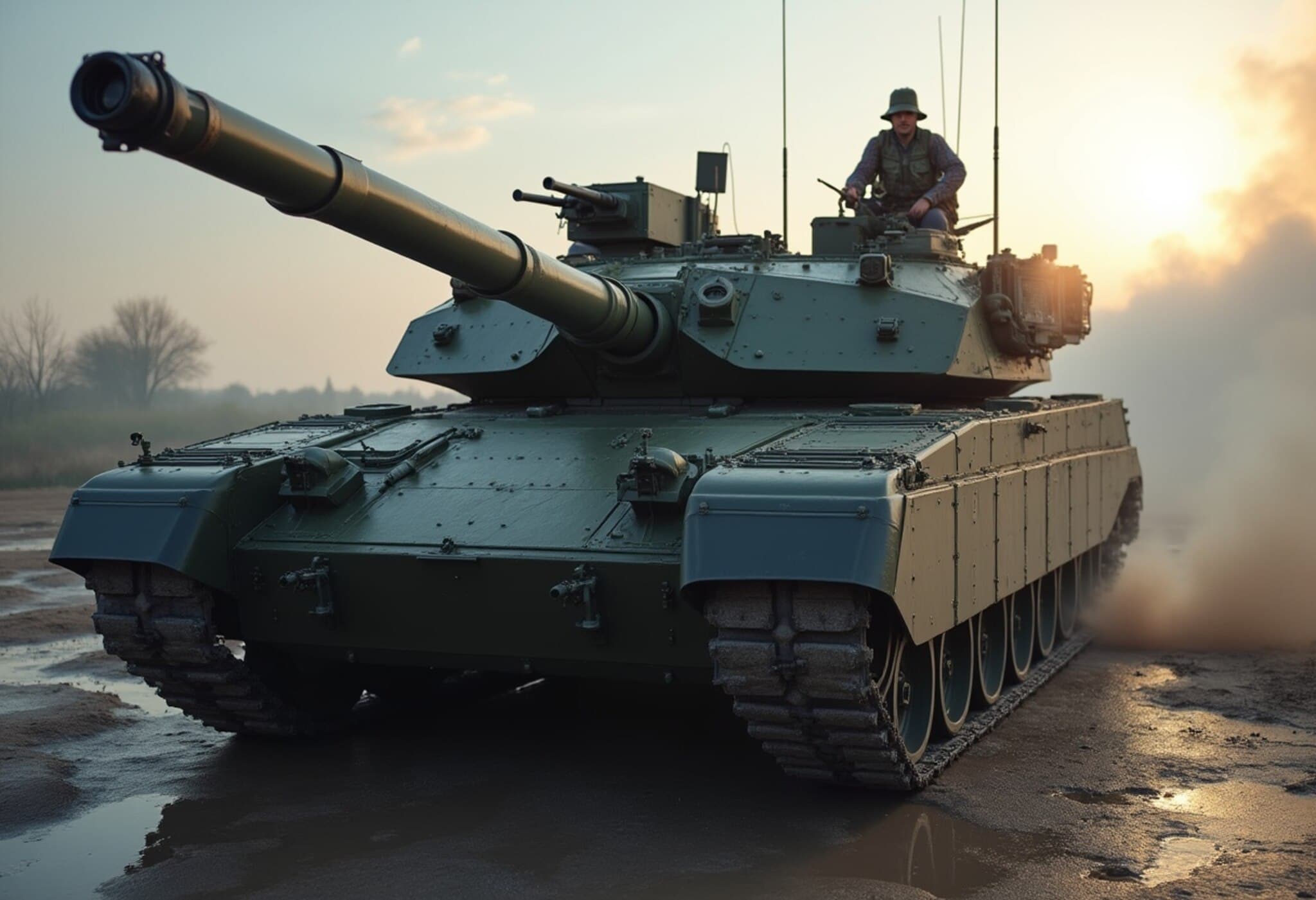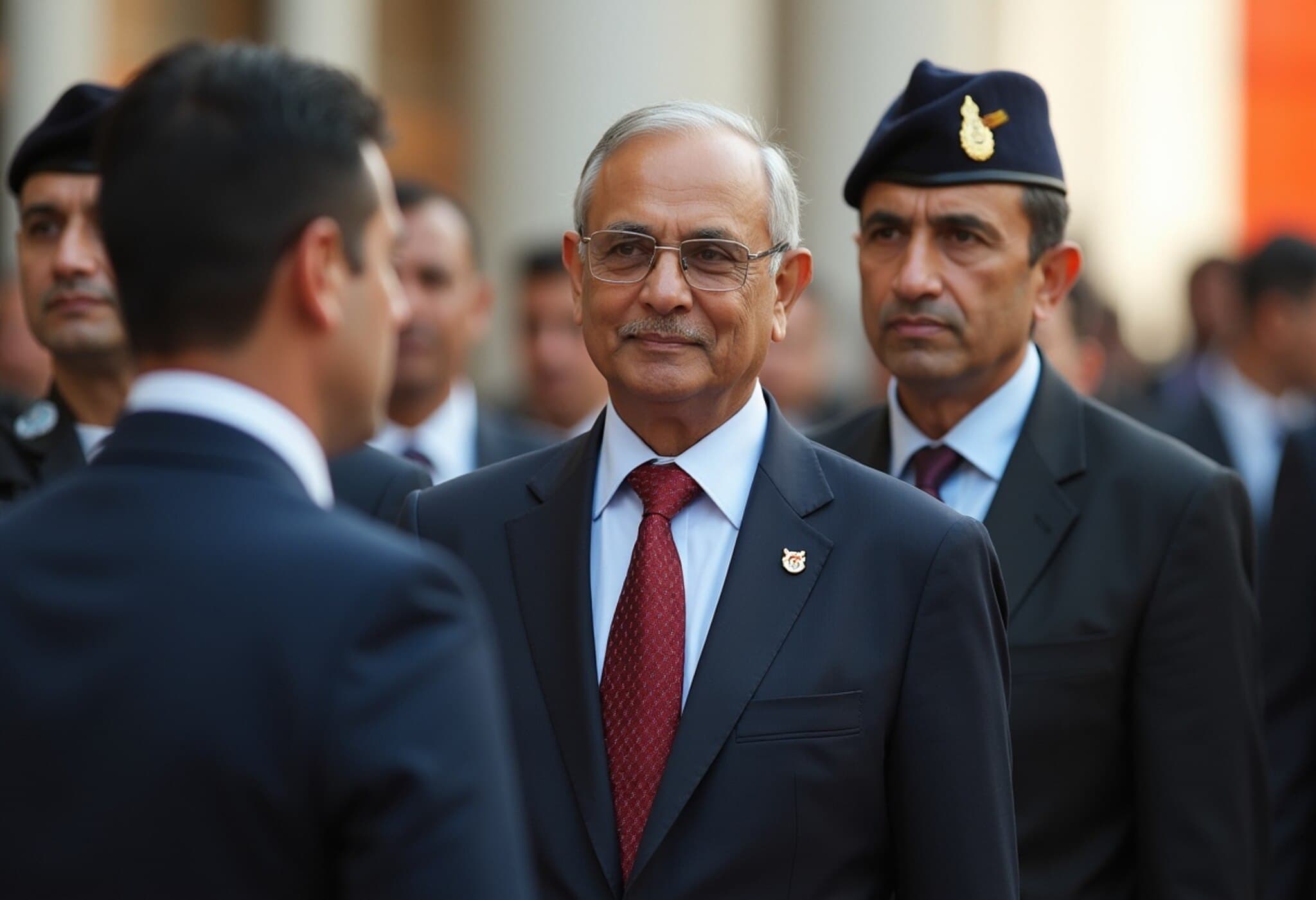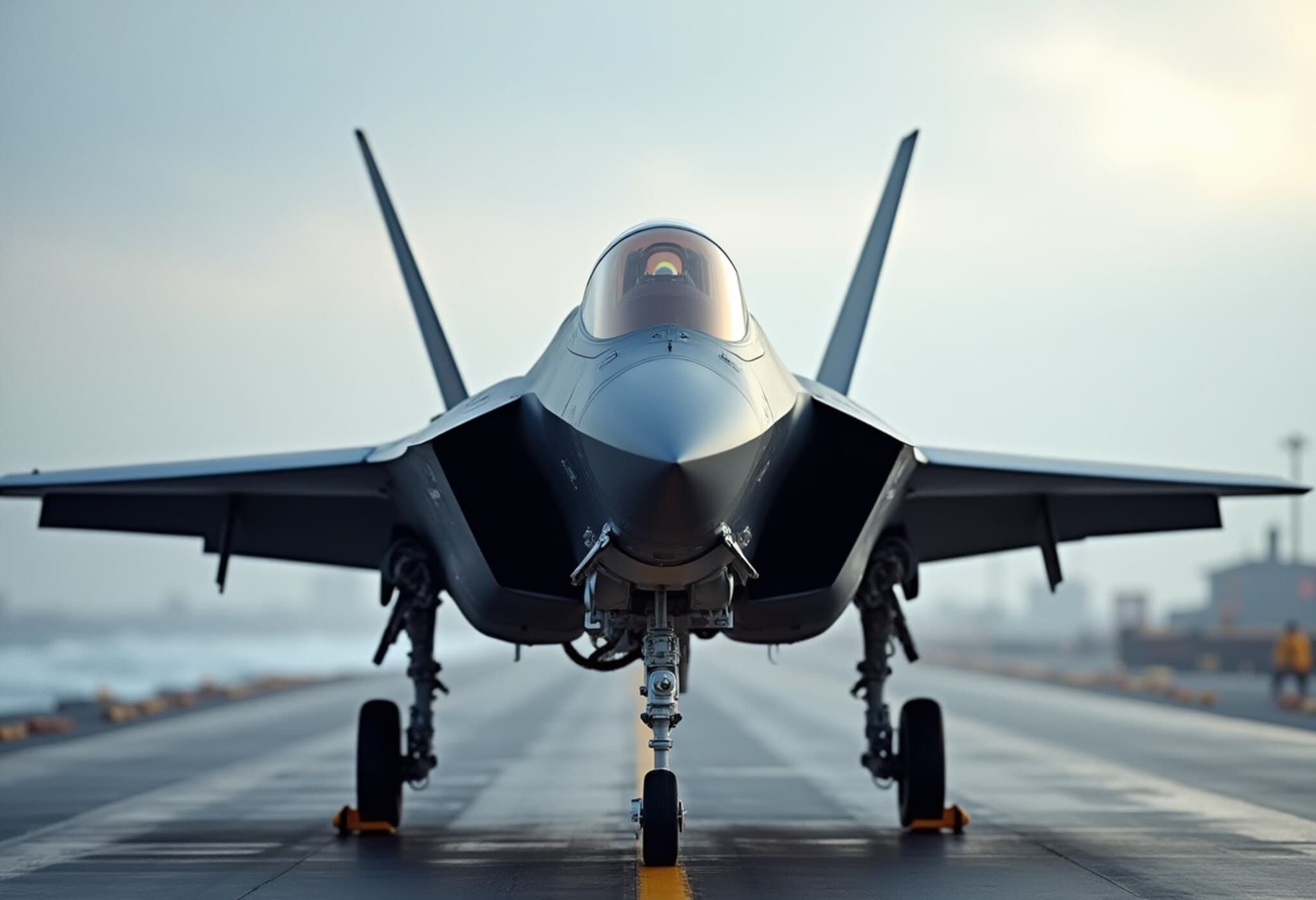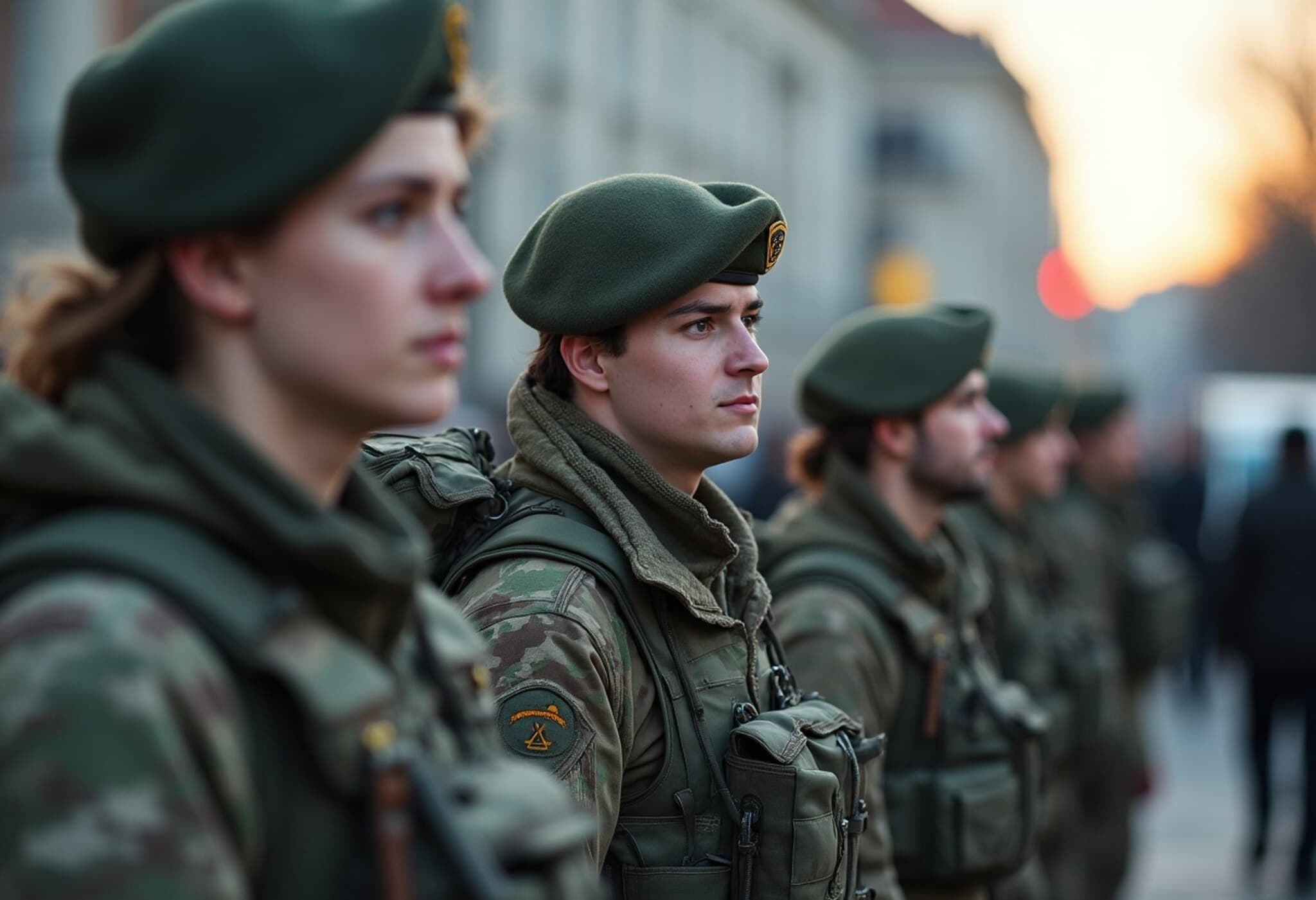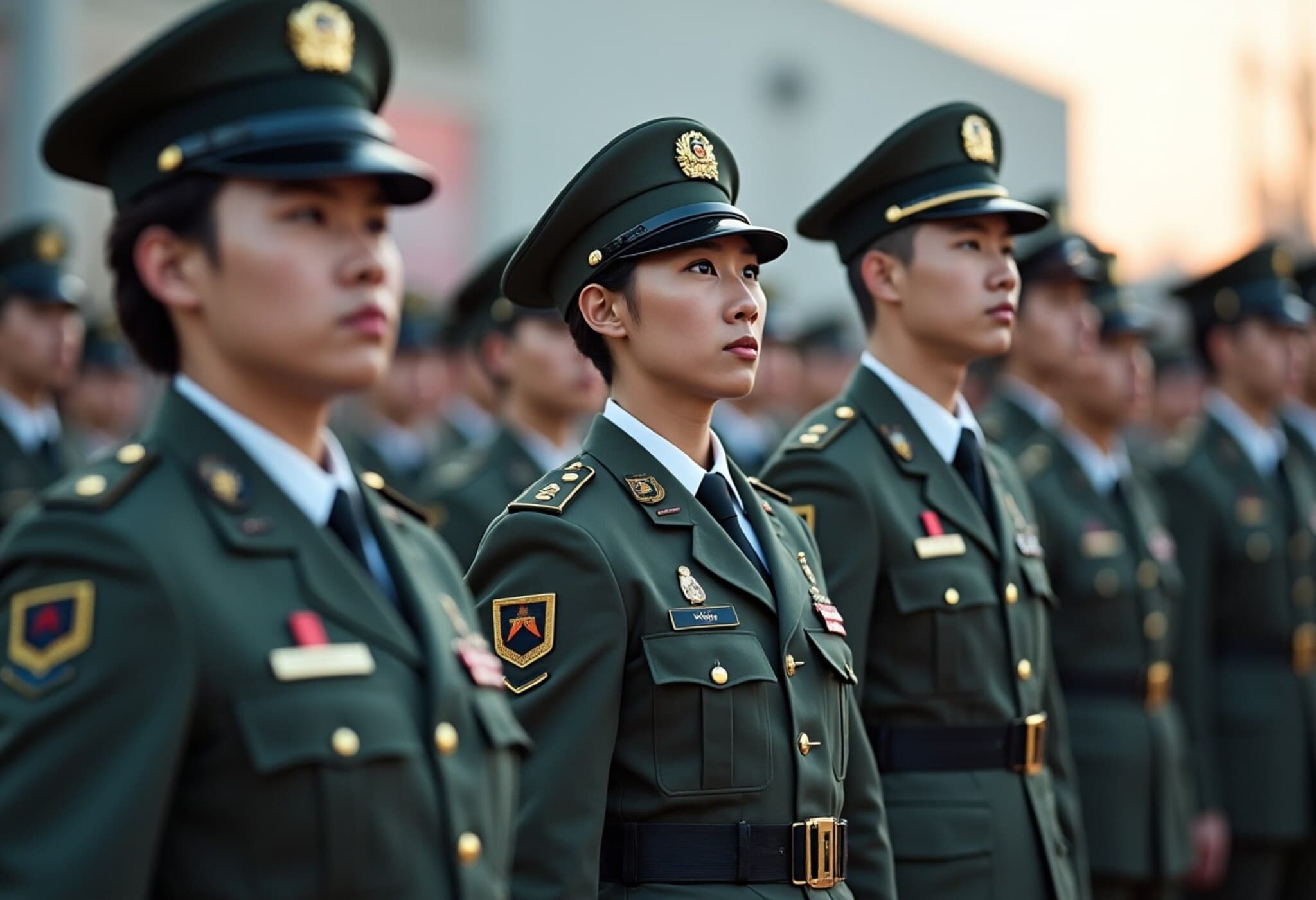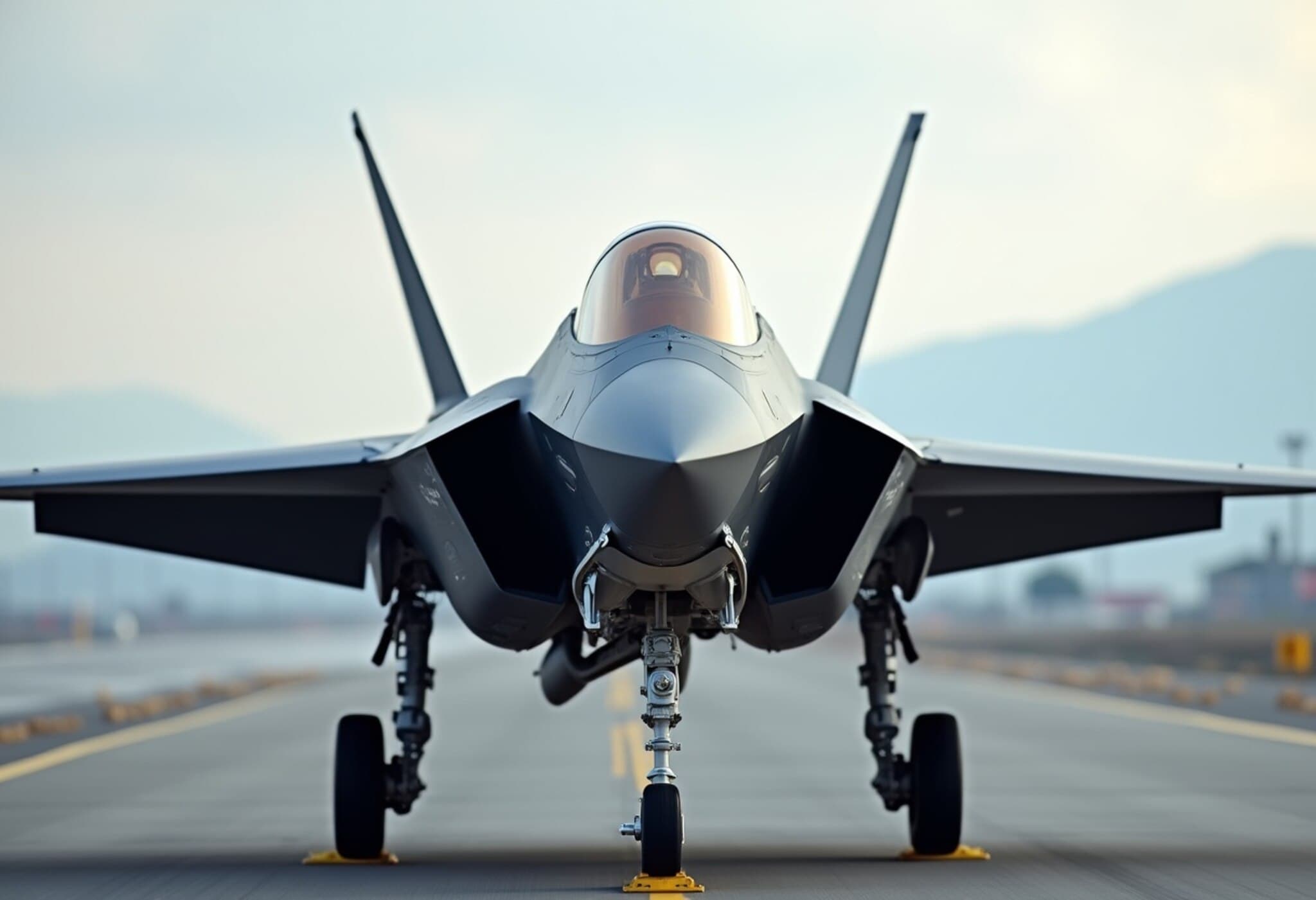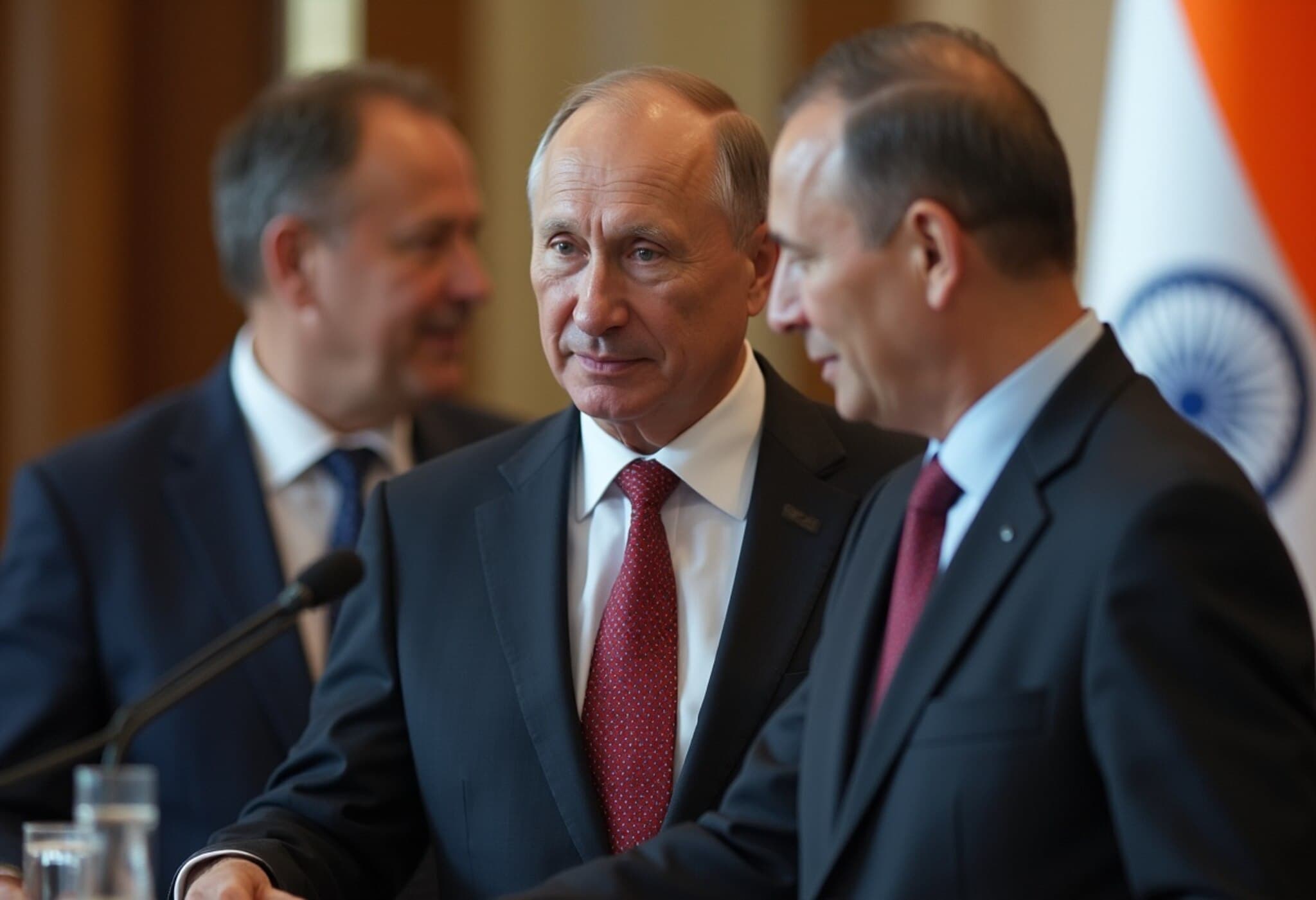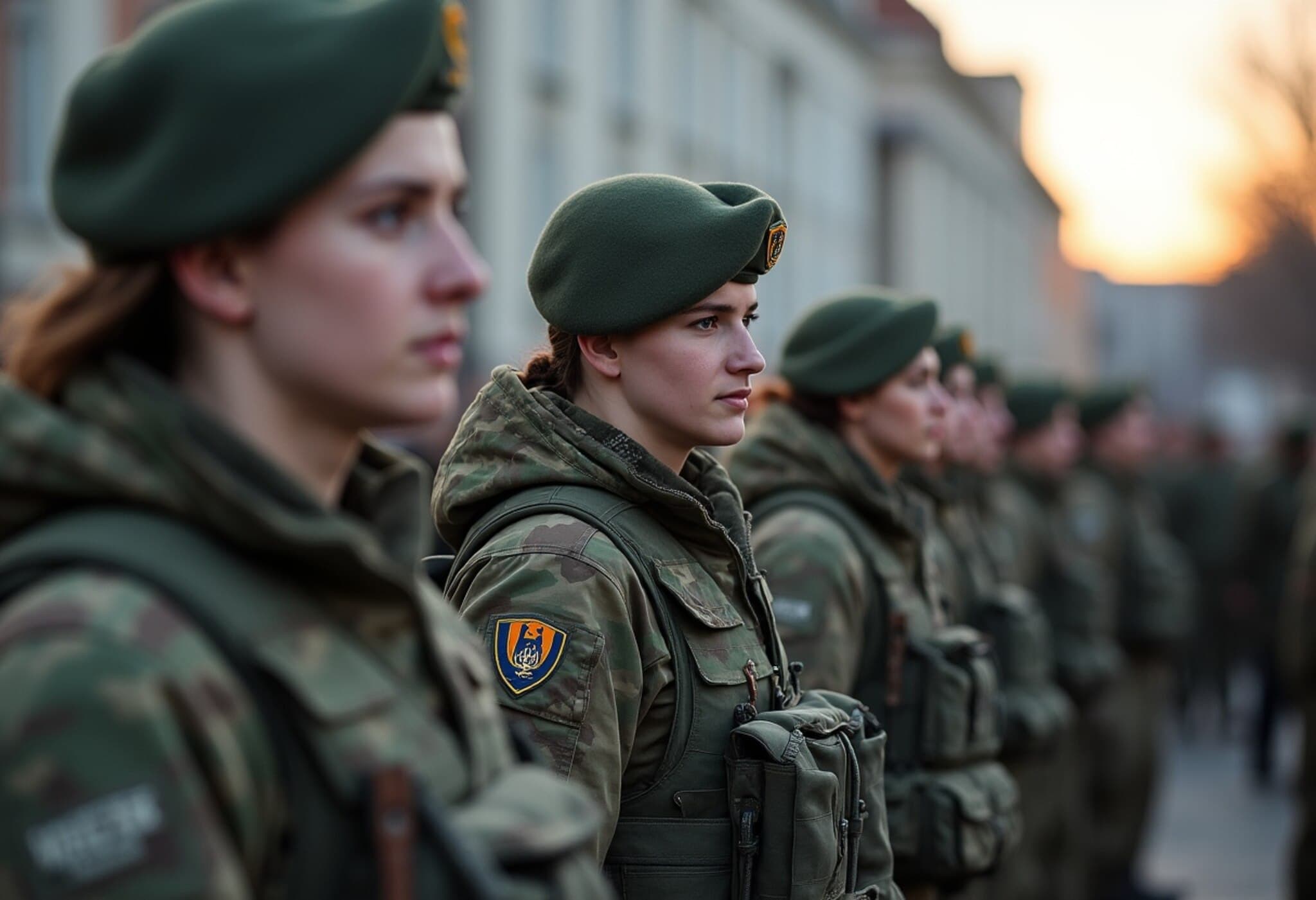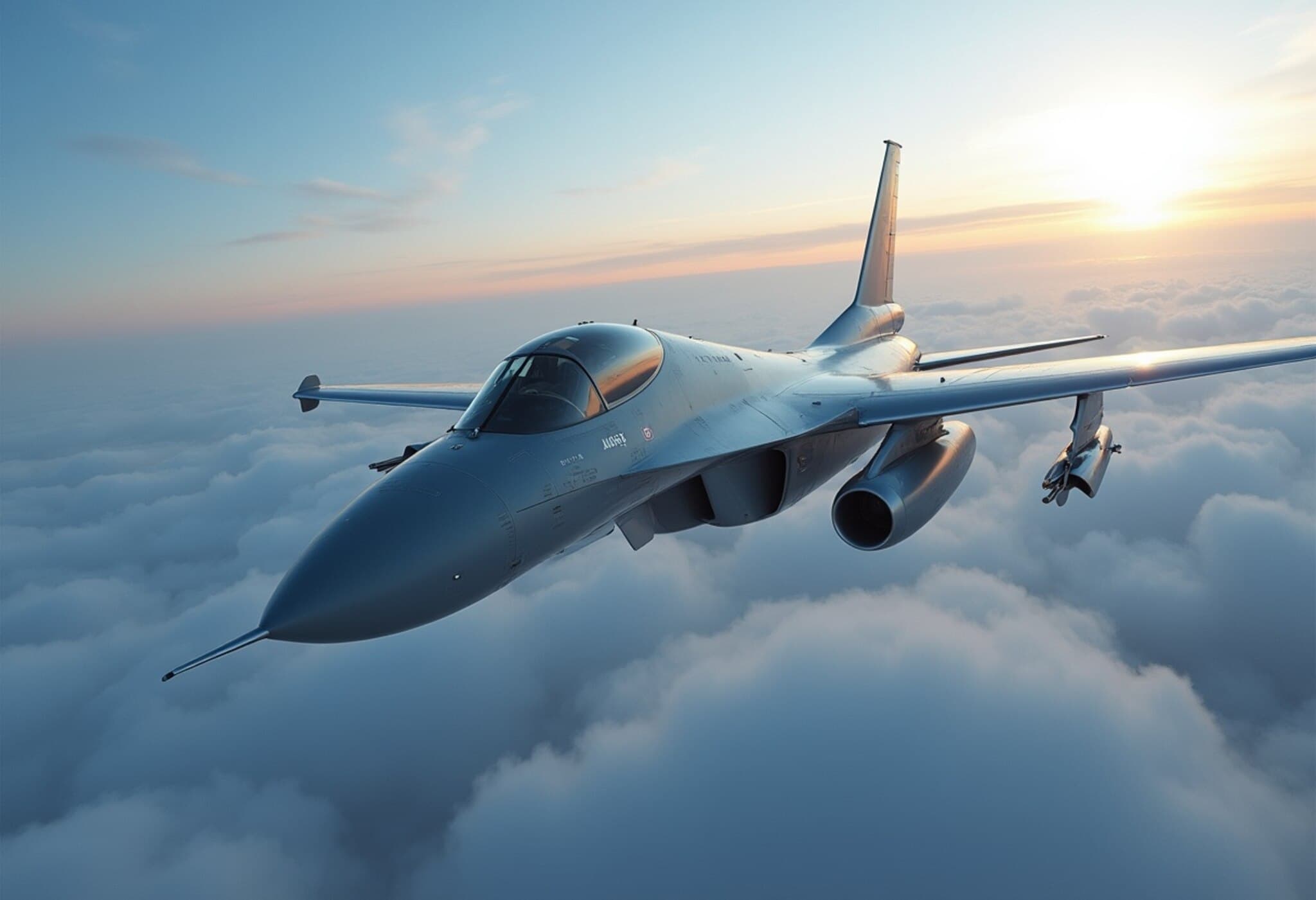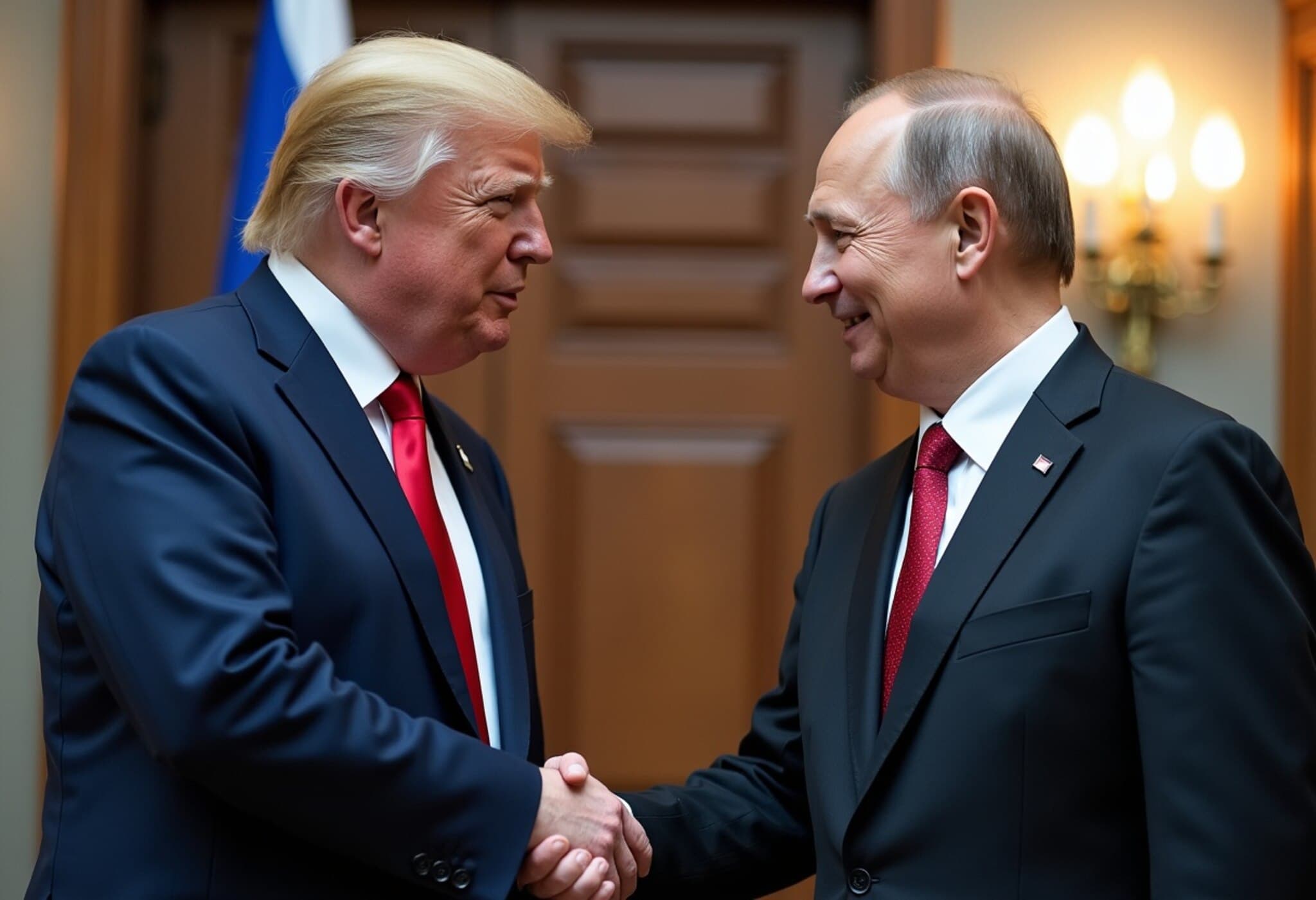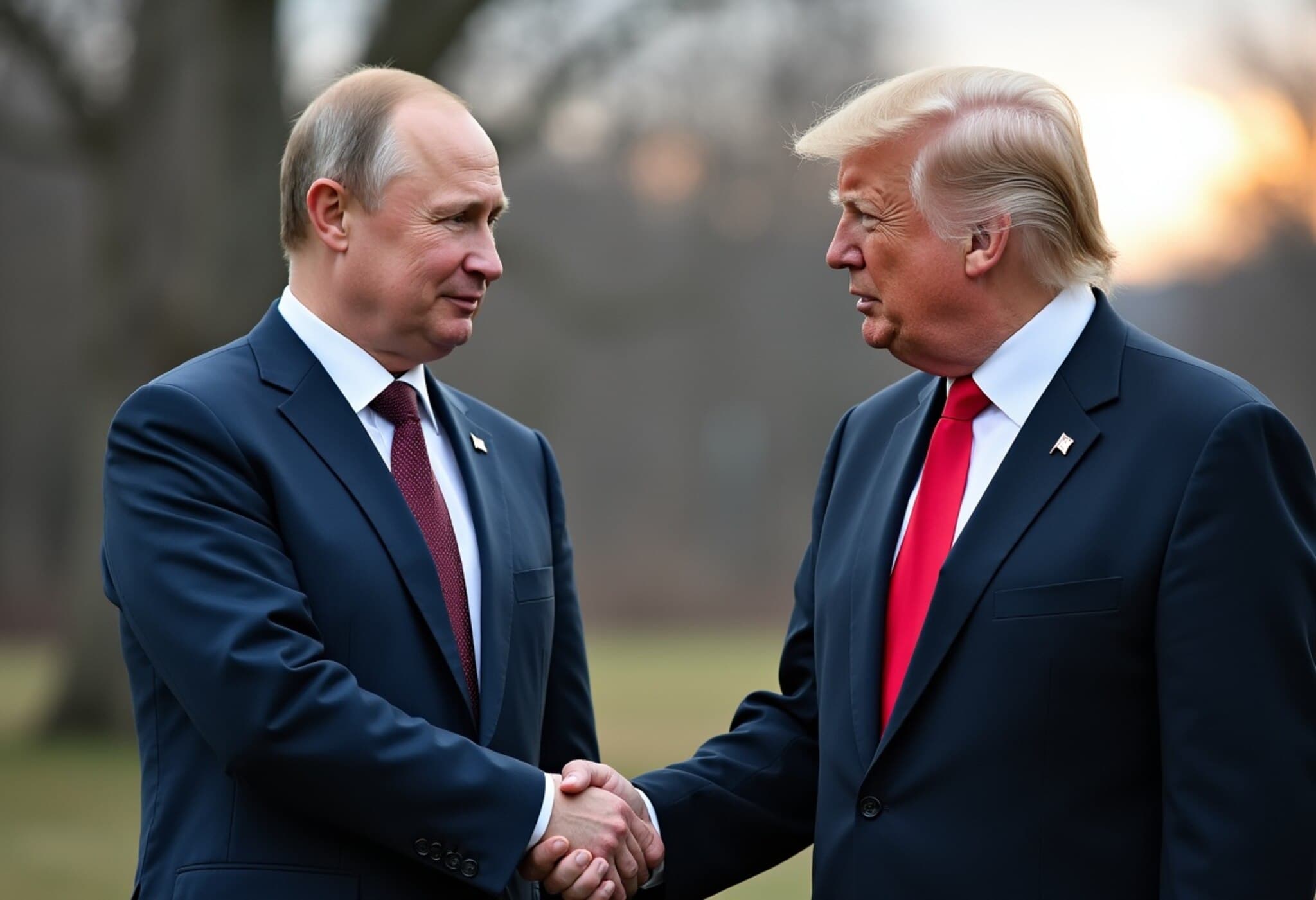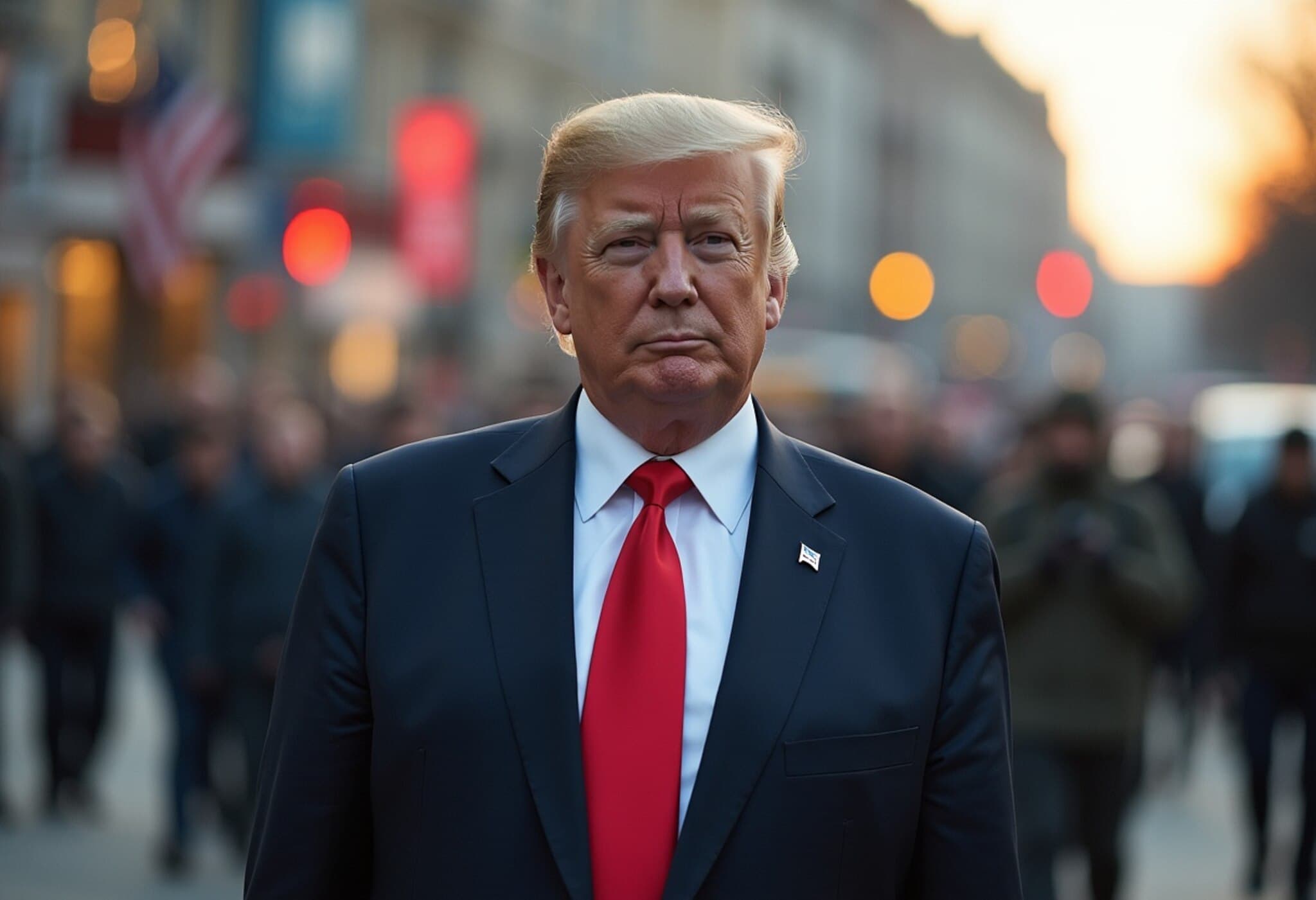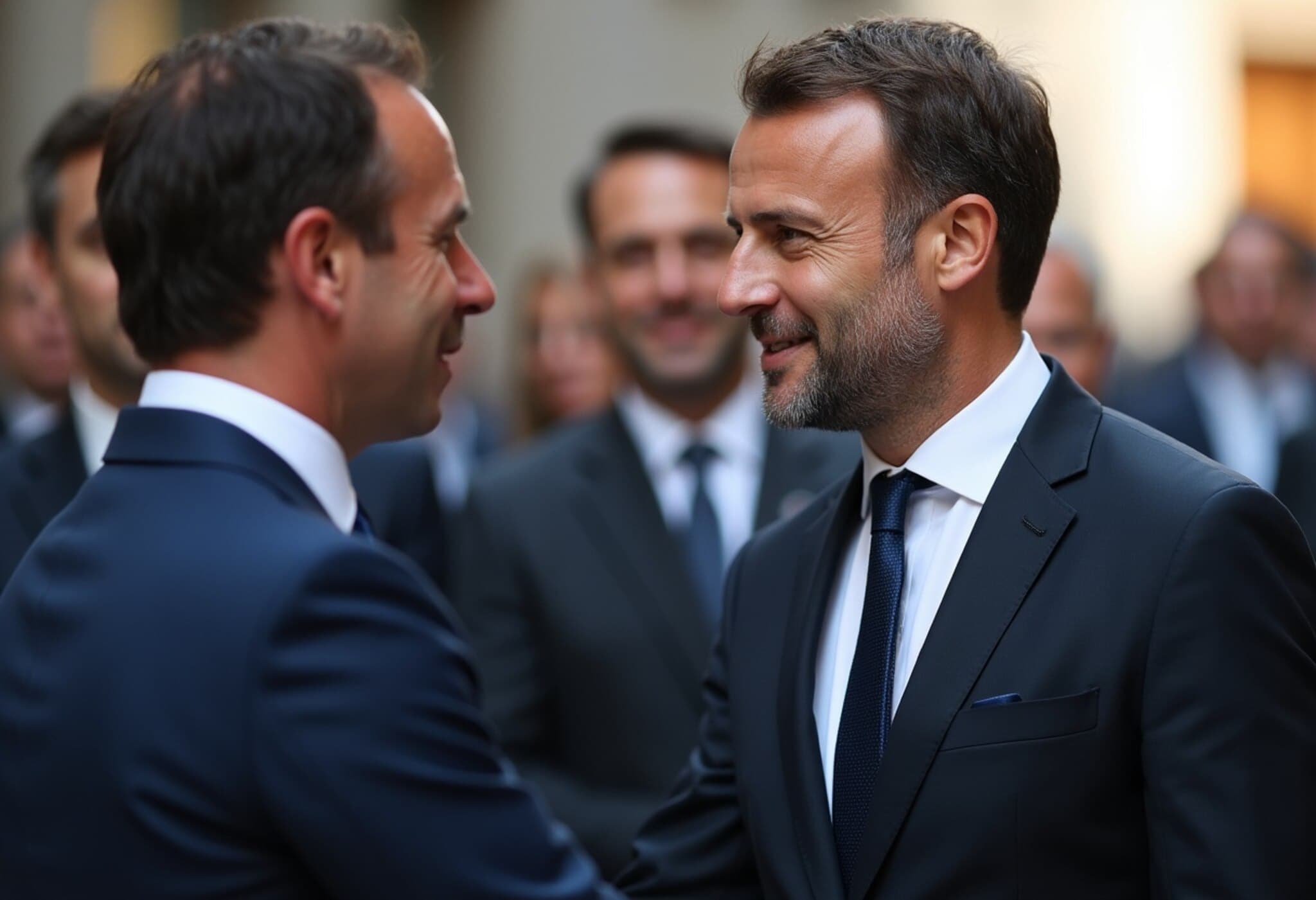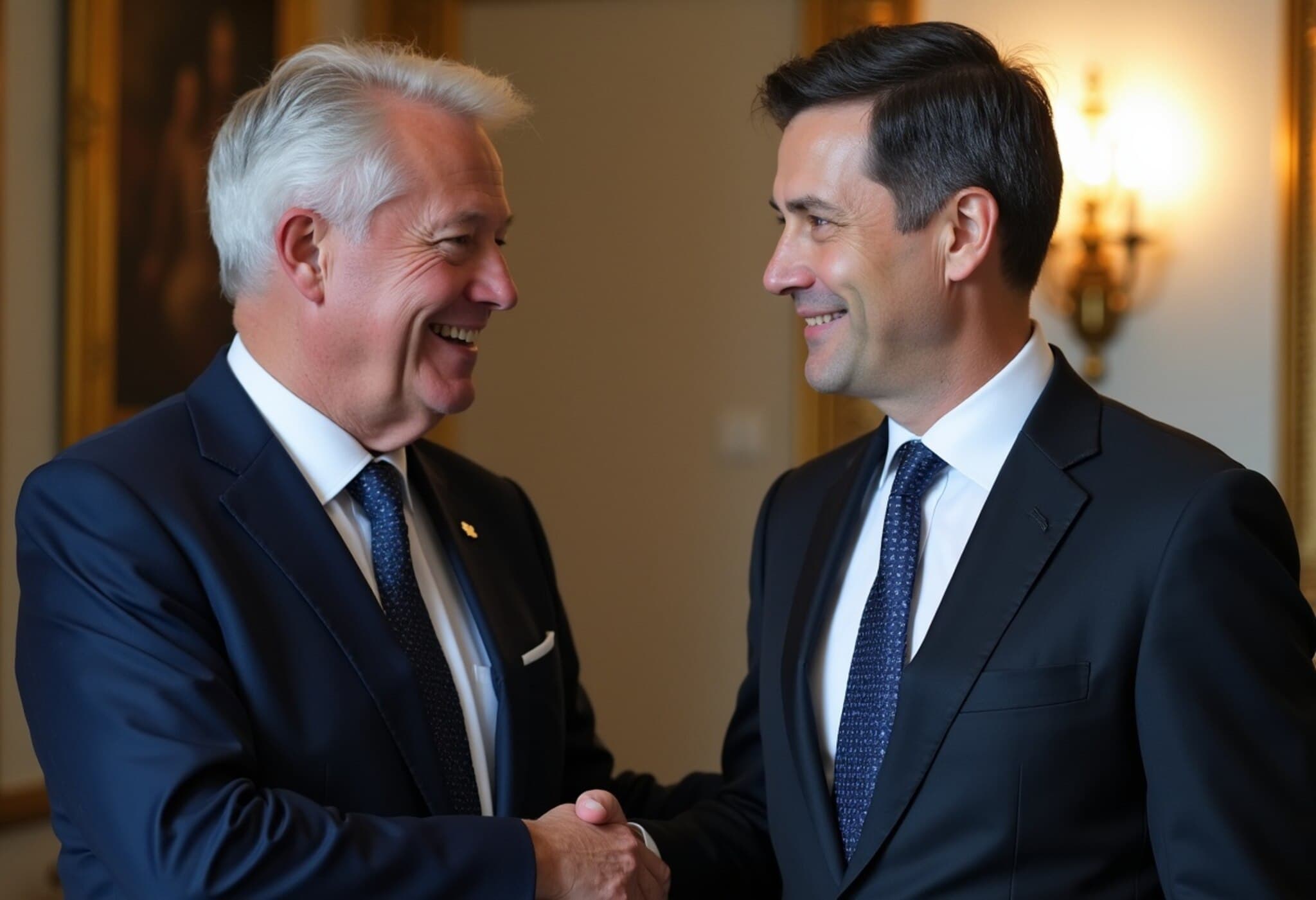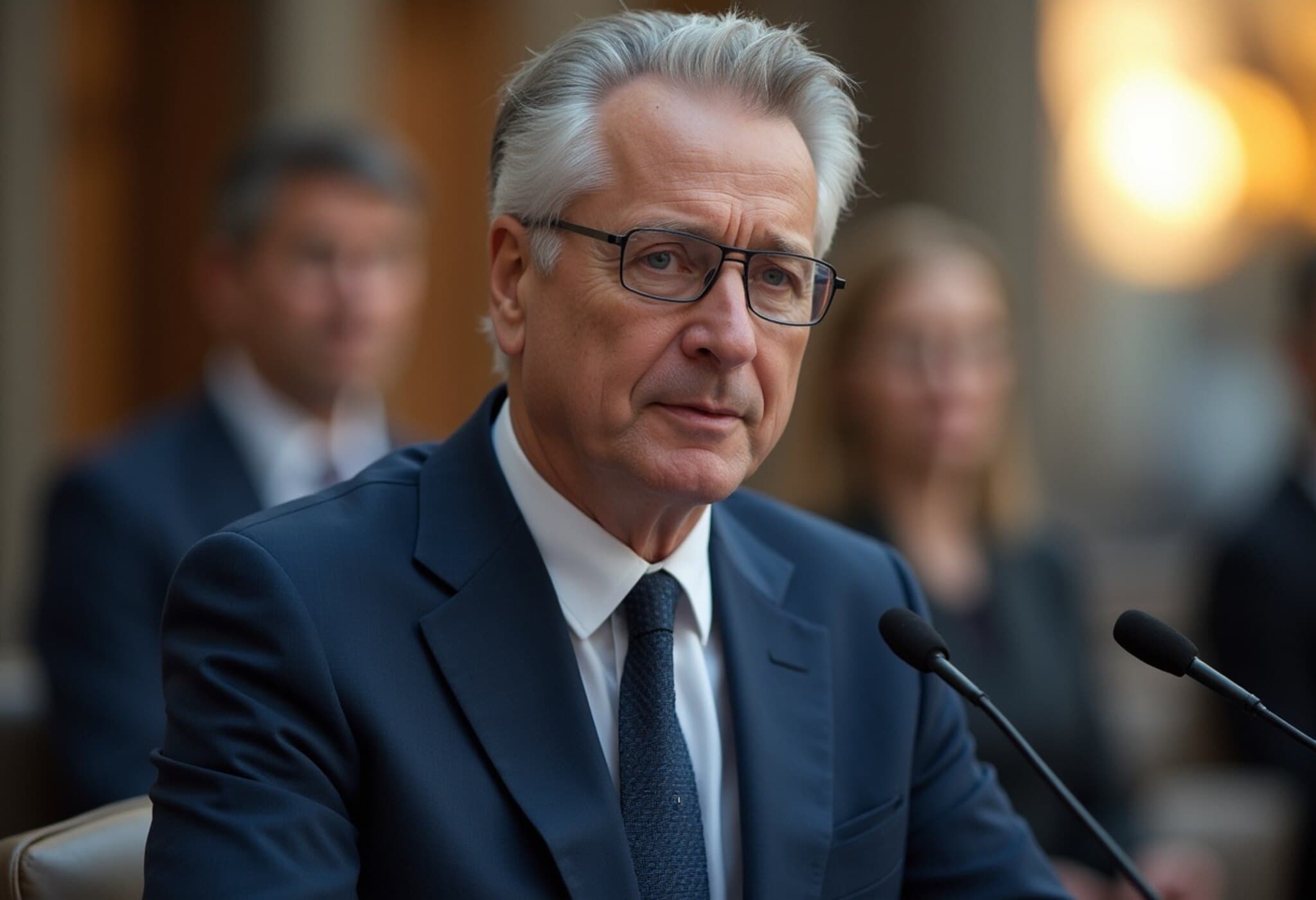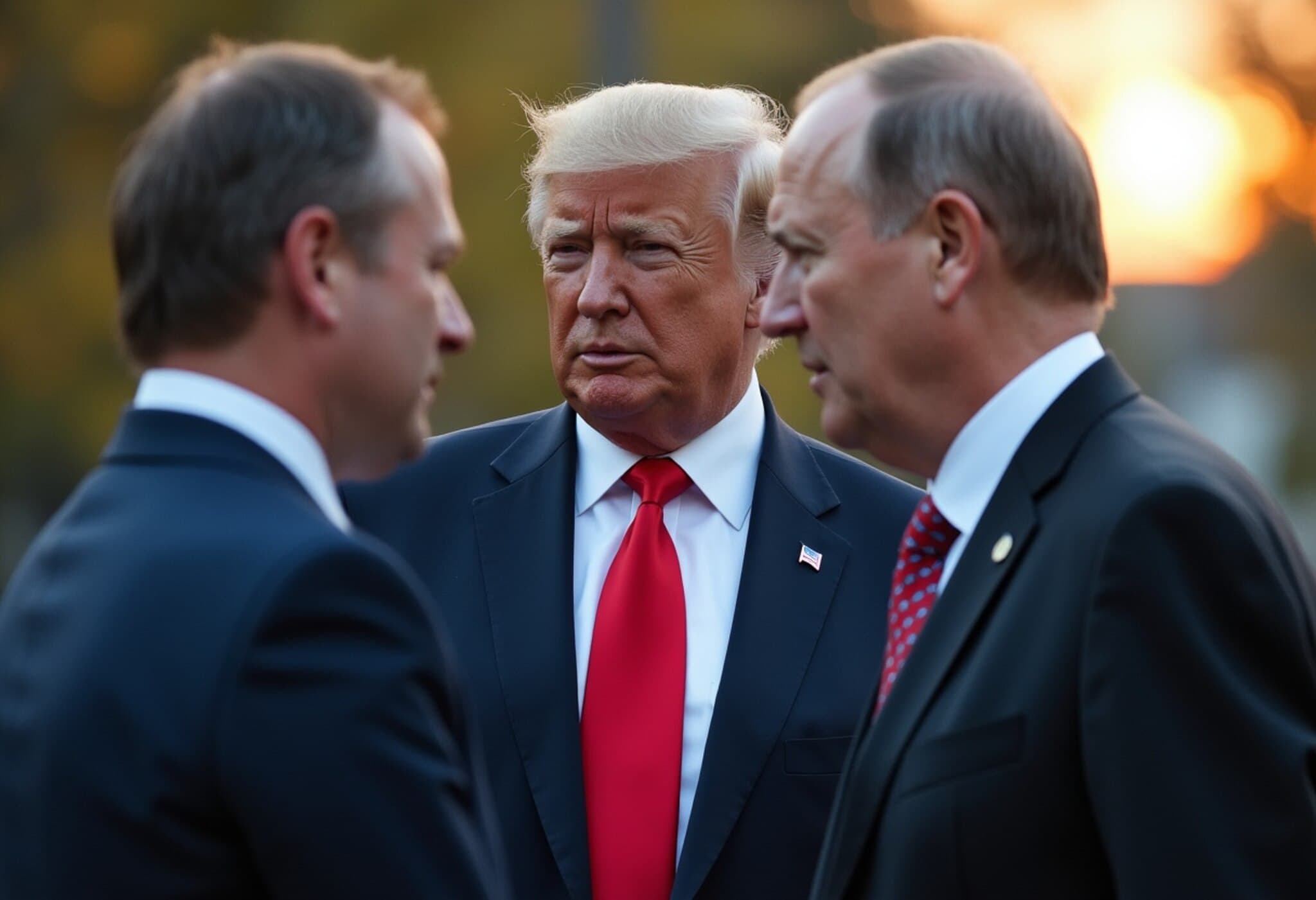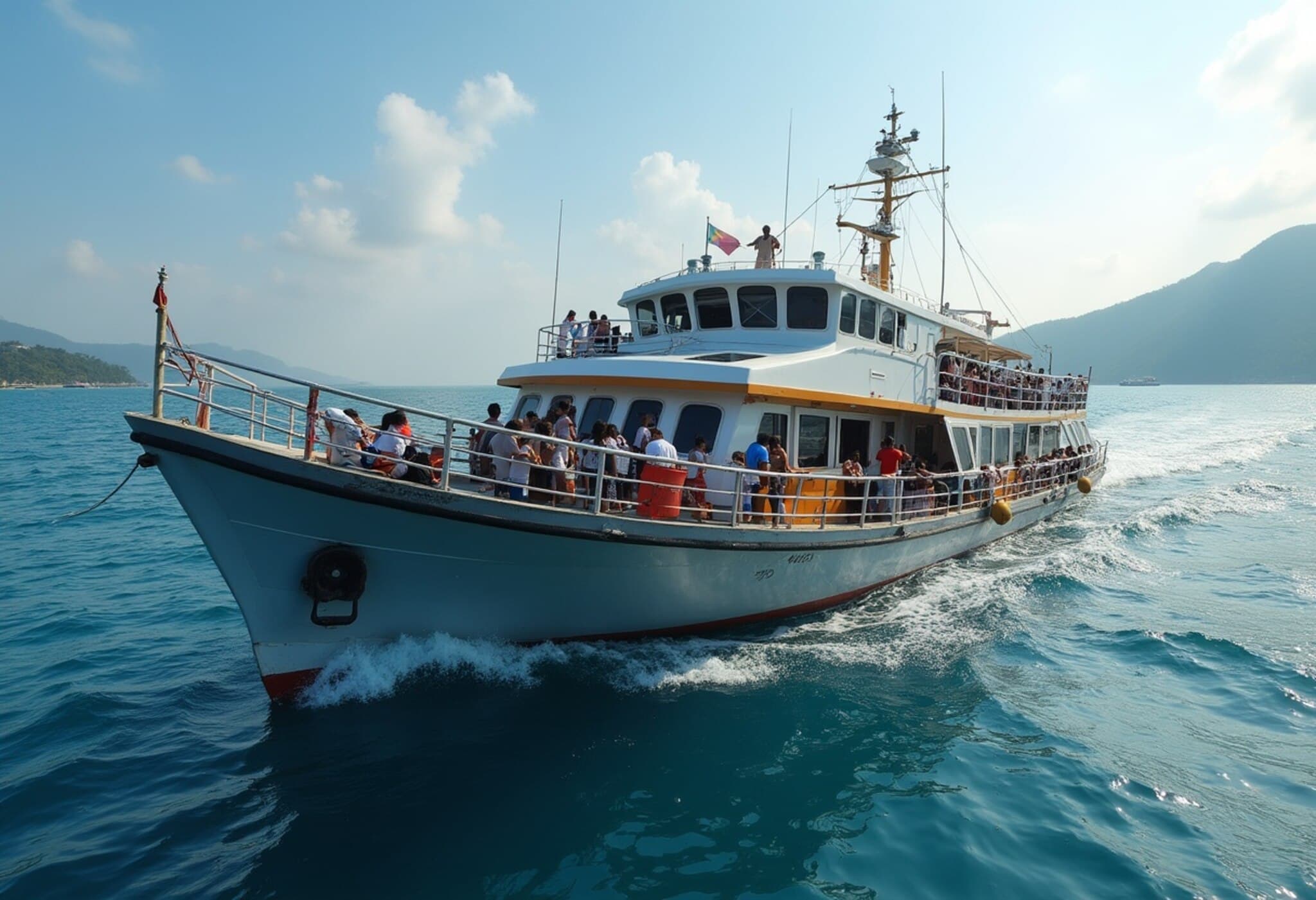Nordic Nations Bolster Ukraine’s Defense with $500 Million NATO Arms Package
In a significant show of solidarity, Sweden, Norway, and Denmark have pledged a combined $500 million to support a NATO-coordinated initiative supplying critical US-made weaponry to Ukraine. This funding aims to strengthen Ukraine’s defenses against ongoing Russian aggression, with key assets including the high-profile Patriot air defense missile systems.
Breaking Down the Contributions
- Sweden leads the contribution with $275 million, earmarked for Patriot systems, anti-tank weapons, and diverse military equipment.
- Norway follows with approximately 1.5 billion Norwegian kroner (around $146 million).
- Denmark has committed about $90 million, with readiness to increase funding as the situation demands.
Danish Defence Minister Troels Lund Poulsen emphasized the urgency, stating, "Speed is absolutely critical" for swiftly arming Ukraine. His Norwegian counterpart, Tore O. Sandvik, underscored the importance of this support in not only equipping Ukraine but also reinforcing NATO’s collective security framework.
Contextualizing the NATO-Led Effort
This NATO initiative operates under the Prioritised Ukraine Requirements List (PURL), an organized mechanism coordinating and prioritizing Ukraine’s most pressing defense needs. Funded by European NATO members and Canada, the program breaks down aid into roughly $500 million packages, ensuring systematic delivery of crucial military resources.
Notably, the Netherlands has already announced a €500 million contribution, marking a collective European response magnitudes larger than previous unilateral efforts.
Behind the Numbers: Sweden’s Long-Term Support
Sweden’s robust support is consistent with its broader commitment; as of March 2025, the country had contributed an eye-watering 92.8 billion Swedish kronor (over $9.2 billion) to Ukraine, demonstrating sustained engagement through economic aid, humanitarian assistance, and military backing.
Swedish Deputy Prime Minister Ebba Busch reflected on the strategic necessity of American defense materiel, stating, "Continued supply of this kind of American defense materiel, which Europe can’t deliver in sufficient quantity, is decisive for Ukraine’s defense capability." This highlights the transatlantic dynamics fueling Europe’s defense efforts amid its own limited production capacities.
Implications for Regional Security and Global Politics
The commitment by these Nordic countries symbolizes more than just military assistance — it signals an urgent call for maintaining European order on terms favorable to Ukraine’s sovereignty. By rapidly mobilizing funds and coordinating through NATO, these nations showcase how modern alliances adapt to fast-evolving geopolitical crises.
Expert analysts note that such contributions also help galvanize international political will, reinforcing a message that Europe and its allies will not waver in their support for democratic resilience against authoritarian encroachments.
What Lies Ahead?
While this $500 million package marks a substantial milestone, the path to peace remains complex. Questions linger about the sustainability of military aid, accountability in the supply chain, and the potential escalation risks involved in arming a region rife with conflict.
Moreover, the initiative raises crucial discussions about Europe’s long-term defense autonomy and reliance on US-made systems. The Nordic countries’ plea for continued American materiel spotlights a broader debate on intra-alliance capabilities and strategic dependencies.
Editor’s Note
The tri-nation pledge underlines the evolving landscape of Western support for Ukraine—an intricate dance between urgency, alliance politics, and strategic foresight. As this story develops, observers should watch closely how these funds translate into on-the-ground impacts, and whether this surge in military support propels Ukraine closer to a resolution favorable to lasting peace.
Ultimately, these commitments open larger questions: Can NATO sustain this pace of support without fracturing its own resources? How will Russia respond to such unified backing of Ukraine? And what role will countries like the US play in creatively balancing European defense capabilities with transatlantic solidarity?

